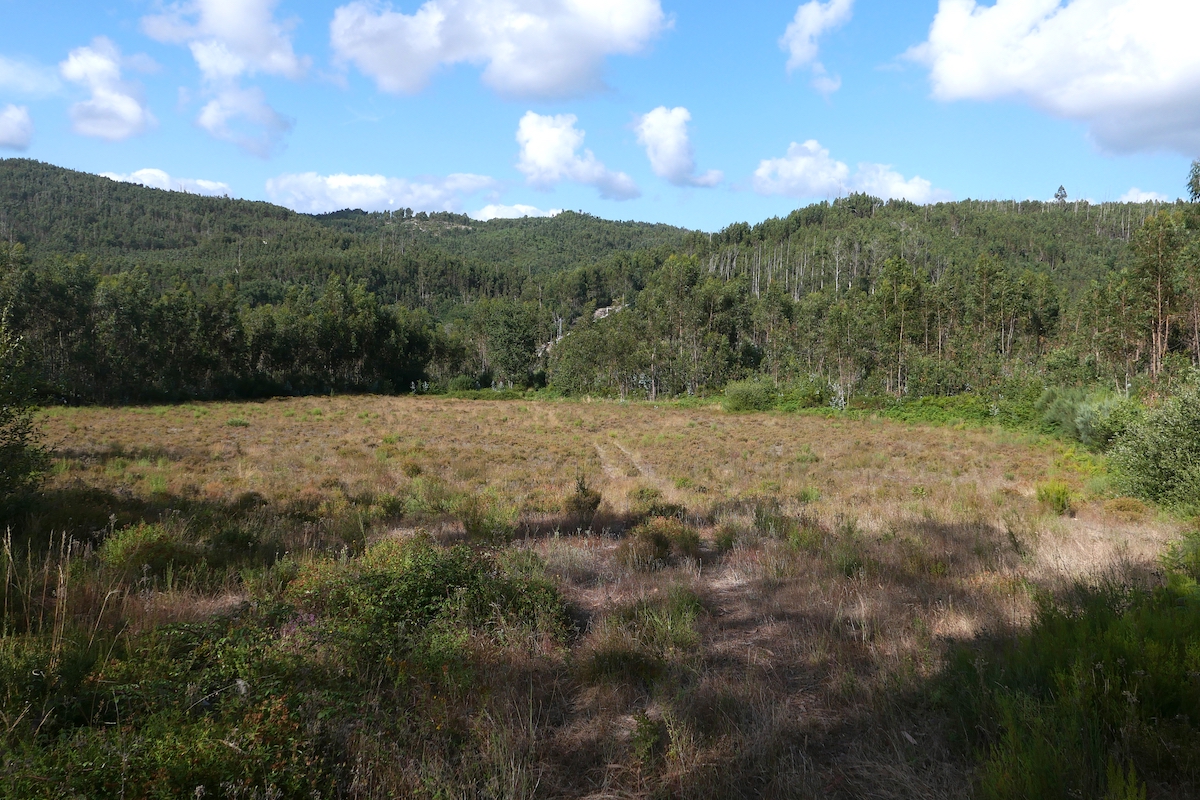VALUING THE COMMON LAND OF REBORDINHO AND MALHADOURO
Field research and documentary project
Rebordinho and Malhadouro (Vouzela, Portugal), July 2024
A co-production between Binaural Nodar and the Local Community of the Common Land of Rebordinho and Malhadouro, with the support of the Vouzela Municipality and the Campia Parish Council. This initiative is part of the Creative Europe Tramontana Network project.
In Portugal, the origin of common lands dates back to before the nation was founded. Because of their role in the subsistence of rural communities, their importance throughout the country’s rural history is unquestionable.
The concept of common land has long been part of the worldview of rural populations, especially those in the north and centre of Portugal. Often, when the inhabitants themselves try to explain what common land is, they use a curious expression: ‘it’s land that belongs to everyone and belongs to no-one’.
Historically, these areas were used to graze the communal cattle of the villages, to collect the bushes that served as bedding, which in the spring were also used to fertilise the farmlands.
Although the original function of the common lands has changed in recent decades, especially since the revolution of April 25th 1974, the common lands still have a vigour that depends on who manages them, be it the civil parish councils or the common land boards. In the municipality of Vouzela, there is an exemplary case of perseverance and adaptation to new realities: The Local Community of the Common Land of Rebordinho and Malhadouro, located in the civil parish of Campia, municipality of Vouzela.
A team at Binaural Nodar, composed of Liliana Silva, Andreia Mota and Ana Margarida Ferreira, carried extensive field work in Rebordinho and Malhadouro, with Liliana Silva making a documentary film that will be published on social media in due course, on the history of the common land of Rebordinho and Malhadouro, whose first initiatives for its constitution date back to 1978, a few years after the Revolution of 25 April 1974.
